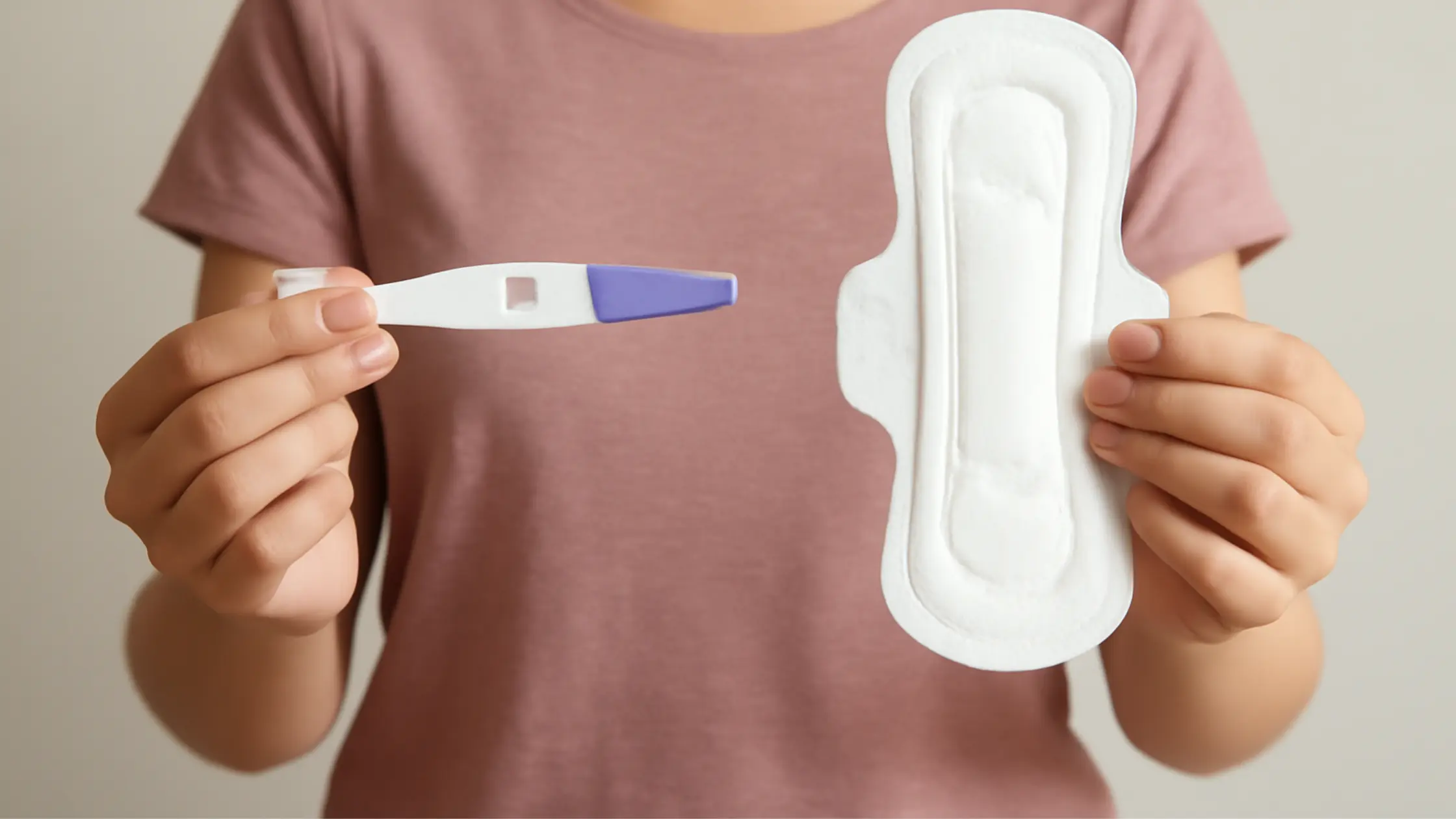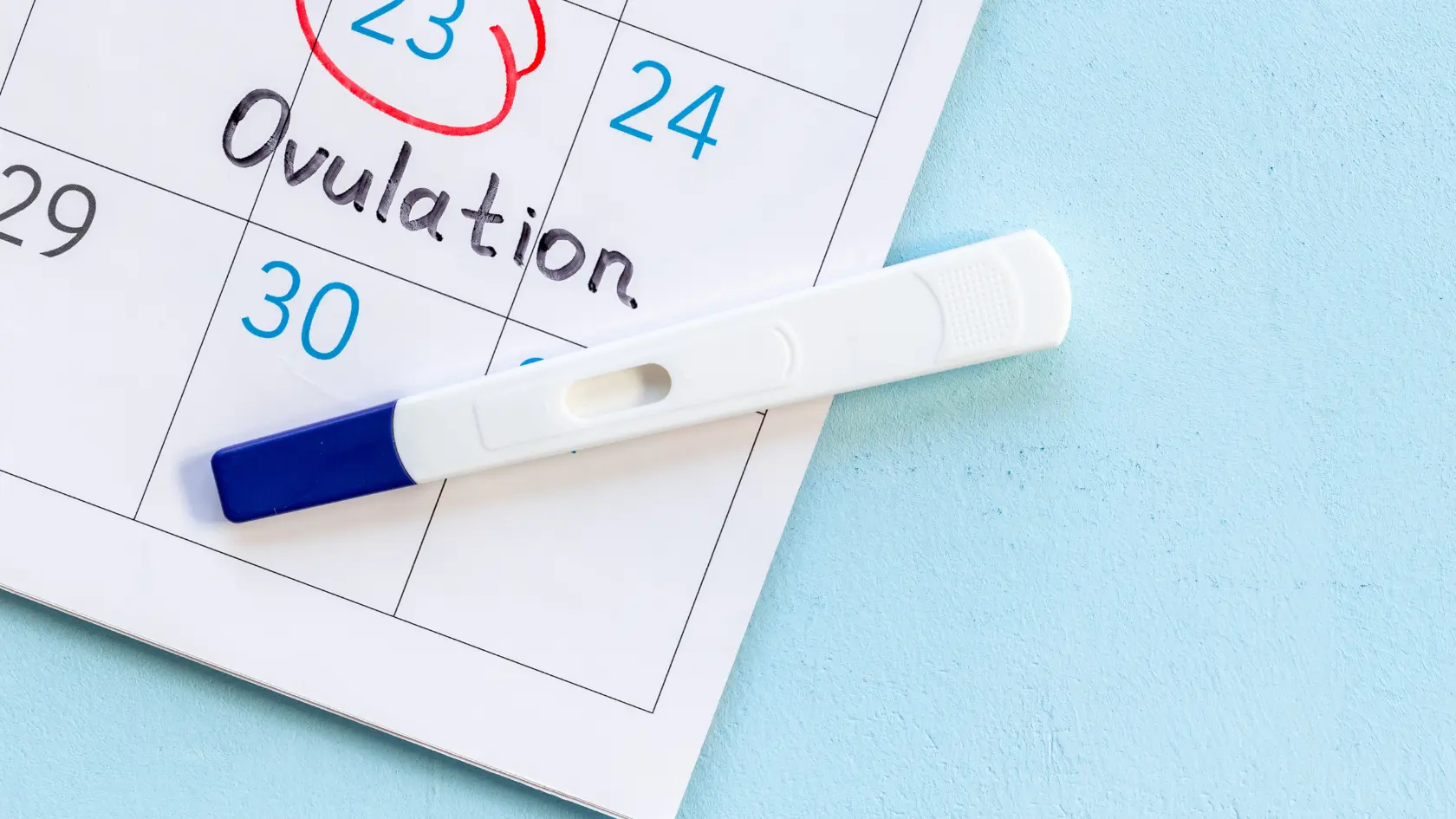Pregnancy-related hypocalcemia is a serious illness that requires careful observation and the right care to protect the health of the mother and fetus. In order to maintain ideal calcium levels throughout pregnancy, this article delves deeply into the causes of hypocalcemia, its symptoms, and practical treatment choices. Given the importance of calcium for bone formation and general fetal health, it is imperative to comprehend the effects of hypocalcemia in pregnancy on the developing fetus as well as the mother.
Table of Contents
Understanding Hypocalcemia in Pregnancy
The term “hypocalcemia” means blood calcium levels that are below normal. Calcium is essential for several body processes during pregnancy, especially the growth of the fetus’s bones and teeth. Both mother and child may experience difficulties as a result of low calcium levels.
What is Hypocalcemia?
Generally speaking, hypocalcemia happens when blood calcium levels fall below normal. Complications include muscle cramps, convulsions, and an elevated risk of bone density loss, which can result from this illness in pregnant women.
Causes of Hypocalcemia in Pregnancy
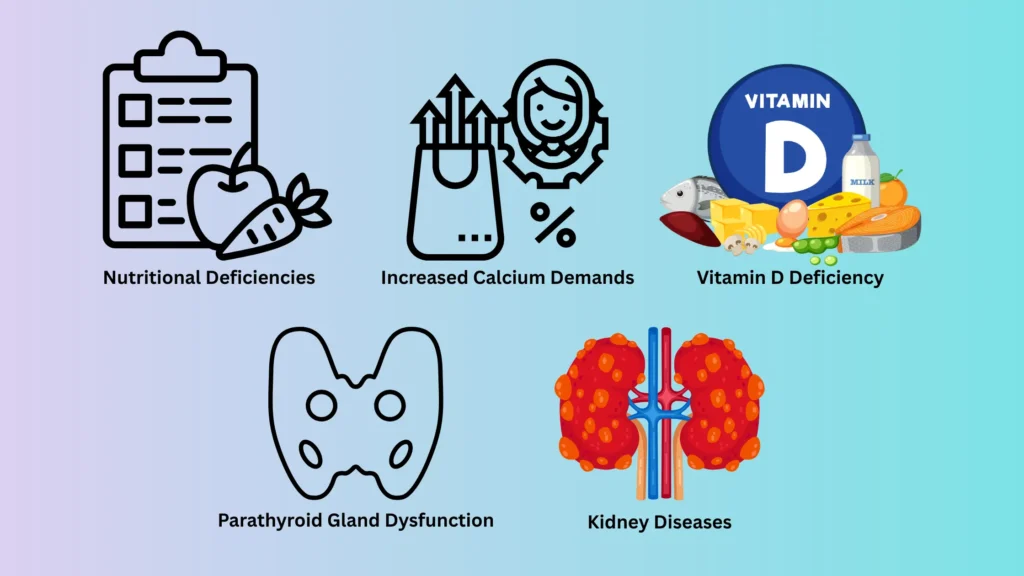
Hypocalcemia in pregnancy can result from a number of reasons, including:
1. Nutritional Deficiencies
Hypocalcemia in pregnancy can result from a diet low in calcium-rich foods such as dairy, leafy greens, and fortified foods. Although insufficient consumption during pregnancy may hinder normal calcium absorption, these vital nutrients aid in maintaining appropriate calcium levels in the body. Insufficient calcium can cause the body to start removing calcium from the bones, which could lead to problems for both mother and unborn child, such as decreased bone density and problems with the fetus’s growth.
2. Increased Calcium Demands
Calcium is absorbed under the condition of vitamin D. With the loss of vitamin D, the body’s ability to take calcium could be compromised, leading to the likelihood of developing hypocalcemia. Deficiency of vitamin D impacts the capability of the human body to absorb calcium formed in food and permits the venous system to process insufficient calcium. Low vitamin D in the mother and unborn child can cause weaker bones because of low levels of vitamin D. Also, it exposes the pregnant woman to the risk of preeclampsia and osteoporosis, among others.
3. Vitamin D Deficiency
The absorption of calcium depends on vitamin D. The body’s capacity to absorb calcium might be diminished by a vitamin D deficit, raising the possibility of hypocalcemia. A lack of vitamin D hinders the body’s ability to absorb calcium from food and prevents the bloodstream from processing enough calcium. Both the mother and the unborn child may have weaker bones as a result of low vitamin D levels, particularly during pregnancy. Additionally, it increases the pregnant woman’s risk of preeclampsia and osteoporosis, among other diseases.
4. Parathyroid Gland Dysfunction
Vitamin D is necessary for calcium absorption. A vitamin D deficiency may reduce the body’s ability to absorb calcium, increasing the risk of hypocalcemia. The body cannot absorb calcium from meals or process enough calcium in the circulation when vitamin D levels are low. Low vitamin D levels, especially during pregnancy, can cause weaker bones in both the mother and the fetus. Among other illnesses, it raises the pregnant woman’s risk of osteoporosis and preeclampsia.
5. Kidney Diseases
Pregnant women are more vulnerable to hypocalcemia because certain renal disorders might affect the body’s capacity to control calcium levels. Maintaining appropriate blood calcium levels depends on healthy kidneys. However, calcium imbalances brought on by kidney illness can frequently impair the body’s capacity to adequately absorb, process, and eliminate calcium. Lower-than-normal calcium levels during pregnancy increase the risk of serious conditions, such as muscle spasms and weakened bones, that could harm the mother and the fetus.
Symptoms of Hypocalcemia in Pregnancy
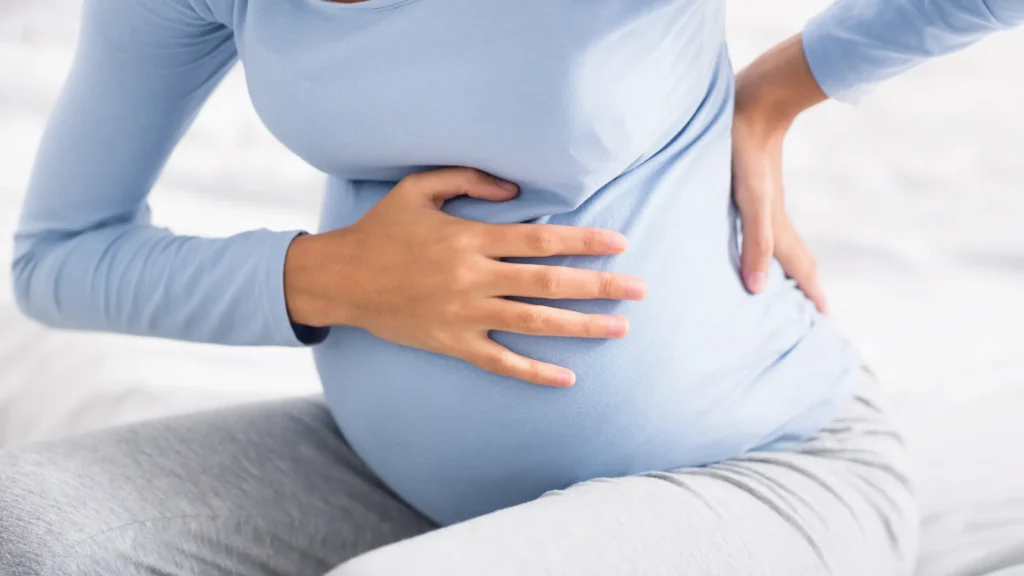
For prompt treatment, it is essential to identify the symptoms of hypocalcemia in pregnancy. Typical indicators include:
1. Muscle Cramps and Spasms
Low calcium levels frequently cause pains like muscular spasms in other parts of the body and cramping, particularly in the legs. The cramps are excruciatingly unpleasant and can limit movement. They occur regularly at night. They are a direct result of the way that calcium plays an essential role in not only muscular contraction but also muscular relaxation. A deficiency in calcium may lead to uncontrollable muscle tightening in the form of cramps and spasms. Pregnant women might have these symptoms more often because the developing baby and the mother’s body are put under extra strain.
2. Numbness or Tingling
Hypocalcemia frequently manifests as tingling or numbness, particularly in the areas around the lips, hands, and toes. The decreased blood calcium levels that impact the neurons and how they send messages to the brain are the cause of this sensation. Calcium is necessary for electrical signaling and nerve function. Abnormal sensations like tingling (paresthesia) can be caused by insufficient calcium and can be either transient or long-lasting. These symptoms may develop if treatment is not received, which could result in more pregnancy issues.
3. Weakness and Fatigue
Because hypocalcemia prevents pregnant women from getting enough calcium for energy, they may feel weak, exhausted, and more tired than usual. Calcium is essential for neuron function, bone strength, and muscular contraction—all of which are vital during pregnancy. General weakness brought on by low calcium levels might make it more difficult for the body to perform daily functions. Fatigue may result from the body’s systems not functioning at their peak when calcium levels are low. This increased exhaustion may affect a woman’s daily activities and her ability to accomplish tasks efficiently.
4. Convulsions
Seizures or convulsions brought on by severe hypocalcemia in pregnancy might put the mother and fetus in danger. This is a severe calcium deficit and one of the most hazardous signs of hypocalcemia. Seizures may result from a major disruption in the electrical activity of the brain caused by a reduction in calcium levels. Convulsions not only immediately endanger the mother’s health, but they can also damage the fetus by reducing oxygen and blood flow. If convulsions happen during pregnancy, you should see a doctor right away to avoid any long-term issues.
Hypocalcemia in Pregnancy Treatment
To avoid difficulties, hypocalcemia in pregnancy must be effectively treated. The course of treatment can change depending on how severe the illness is.
1. Calcium Supplements

To increase calcium levels during pregnancy, doctors frequently advise taking supplements. The dosage is chosen according to each person’s requirements. Usually, these supplements are recommended when a pregnant woman’s diet is insufficient to provide the necessary amount of calcium. In order to prevent hypocalcemia and promote the development of embryonic bones, calcium supplements are essential. The degree of calcium insufficiency and any underlying medical disorders may affect the kind and amount of supplements. Pregnant women must heed the advice of their healthcare provider to ensure safe and effective supplementation, avoiding overconsumption that may result in further problems.
2. Vitamin D Supplements
Pregnant women who have insufficient levels of vitamin D need supplementation because vitamin D is a vital element in the absorption of calcium. Vitamin D also helps the body absorb calcium in the digestive system and make it accessible in the body at the bone or blood system. In a pregnant woman with a deficiency of vitamin D, there is a lack of absorption of calcium, which enhances the effects of hypocalcemia. Vitamin D is typically prescribed with calcium in a synergistic effect of the two substances. This mixture can prevent complications such as low calcium in the fetus and bone loss.
3. Dietary Changes
Pregnancy-related hypocalcemia can be controlled by increasing consumption of foods high in calcium, such as dairy products, leafy green vegetables, and fortified cereals. The body gets calcium naturally from a diet high in the mineral, which is necessary for sustaining a healthy bone density and promoting fetal development. Milk, yogurt, kale, and fortified plant-based milks are among the things pregnant women should try to incorporate into their regular meals. A balanced diet can support general health throughout pregnancy and lessen the need for supplements. A visit with a dietitian can help tailor a calcium-rich diet to personal preferences.
4. Monitoring and Regular Blood Tests

Blood calcium levels in expectant mothers who are at risk of hypocalcemia should be routinely checked. This guarantees prompt response and aids in identifying any early indications of calcium imbalance. When calcium levels start to decline, routine blood tests can detect it, enabling medical professionals to suggest dietary changes, supplements, or other therapies. In order to avoid problems like seizures or excruciating muscle cramps, early detection is essential. Monitoring calcium levels can also help avoid supplement abuse, which can lead to calcium toxicity. Pregnant women should follow their doctor’s recommendations on the time between tests, depending on their particular health profile.
5. Intravenous Calcium
In extreme situations, intravenous calcium may be used to promptly return calcium levels to normal. When a pregnant woman’s calcium levels have drastically decreased and she is experiencing life-threatening symptoms like convulsions, this technique is usually employed. Bypassing the digestive tract, intravenous calcium offers a quick and effective means of reintroducing calcium levels into the bloodstream. This treatment is extensively monitored in a hospital setting to prevent negative effects. After normal calcium levels have been restored, other long-term therapeutic options, such as dietary changes or oral supplements, will be recommended to maintain balance.
Preventing Hypocalcemia During Pregnancy
A healthy pregnancy depends on preventing hypocalcemia. Here are some pointers:
1. Consume a Calcium-Rich Diet

During pregnancy, it is important to eat high-calcium-containing foods like leafy green vegetables, cheese, and yogurt. A high-calcium diet can benefit the health of the baby and the mother in terms of bone strength, as it ensures that the body has sufficient levels of this mineral. Other healthy sources include almonds, tofu, and fortified plant-based milk, among dairy and leafy vegetables. To satisfy their daily needs, pregnant women should try to have foods high in calcium in each meal. A balanced diet guarantees the body is getting a consistent supply of this essential nutrient and lessens the need for supplementation.
2. Sunlight for Vitamin D
The presence of the sun contributes to the absorption of vitamin D in the body to absorb calcium. Vitamin D can enhance the absorption of calcium into the bloodstream, which can be utilized by the bones. Most individuals can get plenty of vitamin D by exposing themselves to a moderate amount of sun per day, at least 10 to 30 minutes. Nevertheless, they may be deficient where there are few sun rays or during winter and may need supplements. Avoiding skin injury and sustaining adequate levels of vitamin D can be achieved by employing safety sun precaution measures, e.g., sunscreen or no exposure during peak times.
3. Take Prenatal Vitamins
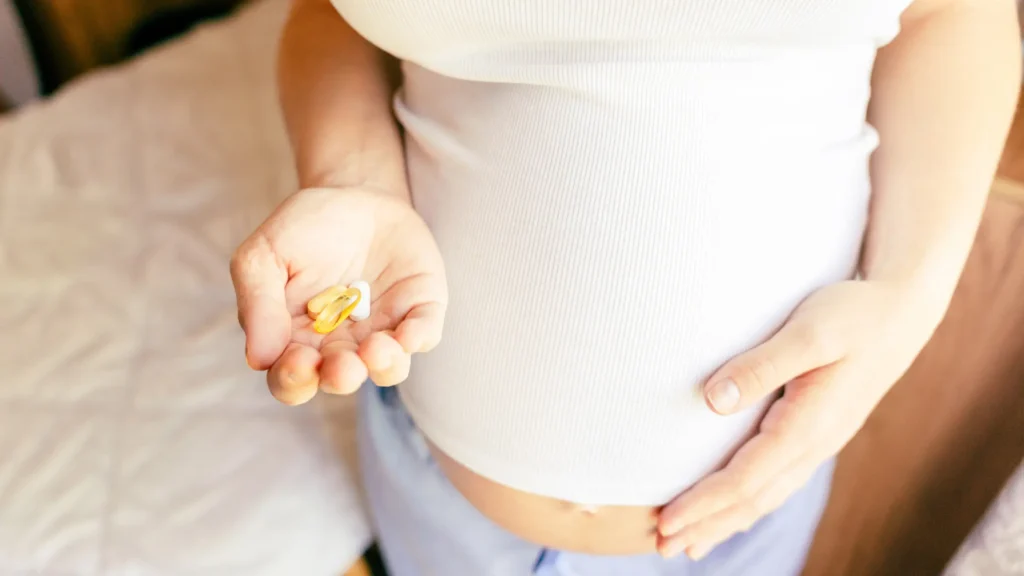
Prenatal vitamin supplements are formulated to assist pregnant women in meeting their nutritional requirements. They often contain such important components as vitamin D and calcium. In preparation for any eventuality, where there may be insufficiency of food sources, prenatal vitamins present a convenient option for ensuring that these vital nutrients are adequately consumed. They are manufactured to facilitate the health of the mother and the growth of the fetus. The prenatal vitamins typically consist of calcium, vitamin D, folic acid, iron, and other substances that can prevent such issues as anemia or a malformation of the neural tube. When using prenatal vitamins during pregnancy, it is important to listen to the guidance provided by your doctor.
FAQ Section
What is hypocalcemia in pregnancy?
Low blood calcium levels during pregnancy are referred to as hypocalcemia in pregnancy. Complications from this illness may include exhaustion, cramping in the muscles, and, in extreme situations, seizures.
What are the causes of hypocalcemia in pregnancy?
The main causes include nutritional deficiencies, increased calcium demands, vitamin D deficiency, parathyroid gland issues, and kidney diseases.
How is hypocalcemia in pregnancy treated?
Treatment includes calcium and vitamin D supplements, dietary changes, and, in severe cases, intravenous calcium administration. Regular blood tests help monitor calcium levels.
What are the symptoms of hypocalcemia in pregnancy?
Muscle cramps, tingling, weakness, exhaustion, and, in extreme situations, convulsions are among the symptoms.
Can hypocalcemia in pregnancy be prevented?
Yes, by maintaining a diet rich in calcium, getting enough sunlight for vitamin D, and taking prenatal vitamins, hypocalcemia can be prevented during pregnancy.
Final Thoughts : Hypocalcemia in Pregnancy
Hypocalcemia in pregnancy is a dangerous illness that needs to be addressed. Simply keeping a healthy calcium diet, monitoring blood levels, and attending to other preventive measures should help most women avoid the problems of hypocalcemia. To ensure that your calcium levels never fall outside of a healthy range throughout pregnancy, choose to get them checked.
Explore more on Pregnancy Must –
- Tooth Infection Symptoms: Is Your Infection Spreading Unnoticed?
- Raised Folate Levels: Pregnancy’s Double-Edged Sword
- Anemia ICD 10 During Pregnancy: What Moms Should Know


